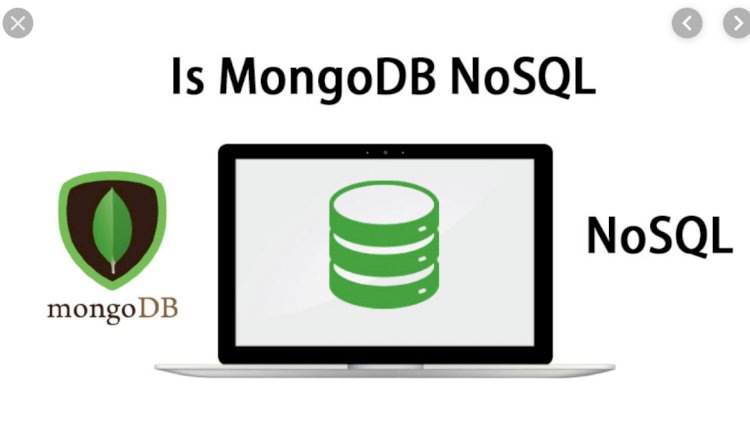MongoDB
This is an open source database which is associated with document oriented data. MongoDB is a NoSQL database which is mainly used in the storage of large data.

MongoDB
This is an open source database which is associated with document oriented data. MongoDB is a NoSQL database which is mainly used in the storage of large data. A NoSQL database is that which does not store data in table form but in other forms. MongoDB uses JSON (Javascript Object Notation) format for the representation of the data structures and objects stored. Organizations which deal with storage
READ ALSO: Customer Relationship Management System
Features of MongoDB
Replication
Master slave replication is supported in Mongo DB and hence the Master Slave copies data as a means of creating backup in case the hardware fails.
Indexing
Indexing can be conducted on any field in the document with an aim of improving performance of searches.
Supports ad-hoc queries.
Queries that are termed unknown during the structuring process are referred to as ad-hoc queries and MongoDB supports these type of queries.
MongoDB can operate in many servers.
Consists of a schema-less database.
This means that the database consists of a data structure that is not fixed.
Uses GridFS in the storage of documents.
GridFs deals with dividing a file into small portions and storing those portions separately.
MongoDB uses JSON format to store data.
READ ALSO: Task Reminder app with Free Sourcecode
Advantages of using MongoDb.
MongoDb environment is easy to setup and install.
It is a schema-less database
It is more secure to use since it is a NOSQL database.
MongoDB is able to support ad-hoc queries.
Easily scalable.
MongoDb is scalable in the fact that in case one has large data to work on, the data can be issued to separate machines to offload the work on one machine.
MongoDb enables fast and easy access of data due to its capability to conduct indexing.
Ensures security of data since it is a NOSQL database.
Availability of data when required.
Features of MongoDb such as GridFS and replication of data make it available when required.
Differences between RDBMS (SQL DATABASE) AND MongoDB (NoSQL DATABASE).
READ ALSO: Online Exam Android App with Admin Panel
RDBMS is based on tables while MongoDB is based on collection and key value pair.
RDBMS makes use of SQL query language support while MongoDb supports the use of JSON query language.
Storage of hierarchical data is not suitable in RDBMS while MongoDb is suitable for storage of hierarchical data.
RDBMS is slower when dealing with data while MongoDb is faster.
RDBMS is column based while MongoDb deals with fields.
Javascript client for querying is not available in RDBMS while Javascript client for querying is available in MongoDb.
RDBMS is row based while MongoDb is document based.
For more information. You can contact me @
Email –geeksourcecodes@gmail.com
Mobile No. – +254714643906
Or feel free to comment below.
SUBSCRIBE TO OUR YOUTUBE CHANNEL BELOW TO WATCH MORE VIDEOS


























